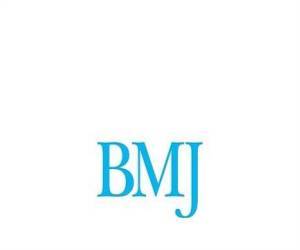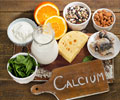
Calcium tablets are commonly prescribed to boost skeletal health, but a recent clinical trial suggested they might increase the number of heart attacks and other cardiovascular problems in healthy older women.
To investigate further, an international team of researchers led by Ian Reid of the University of Auckland in New Zealand reviewed 11 separate clinical trials involving 12,000 patients.
They found that calcium supplements were associated with about a 30 percent jump in heart attack risk.
The chances of stroke and mortality also increased to a lesser extent.
The link was consistent across trials and was independent of age, sex, and type of supplement.
Advertisement
Previous studies have found that upping calcium intake through changes in diet does not increase cardiovascular problems, suggesting that the risks are restricted to supplements.
Advertisement
Source-AFP














